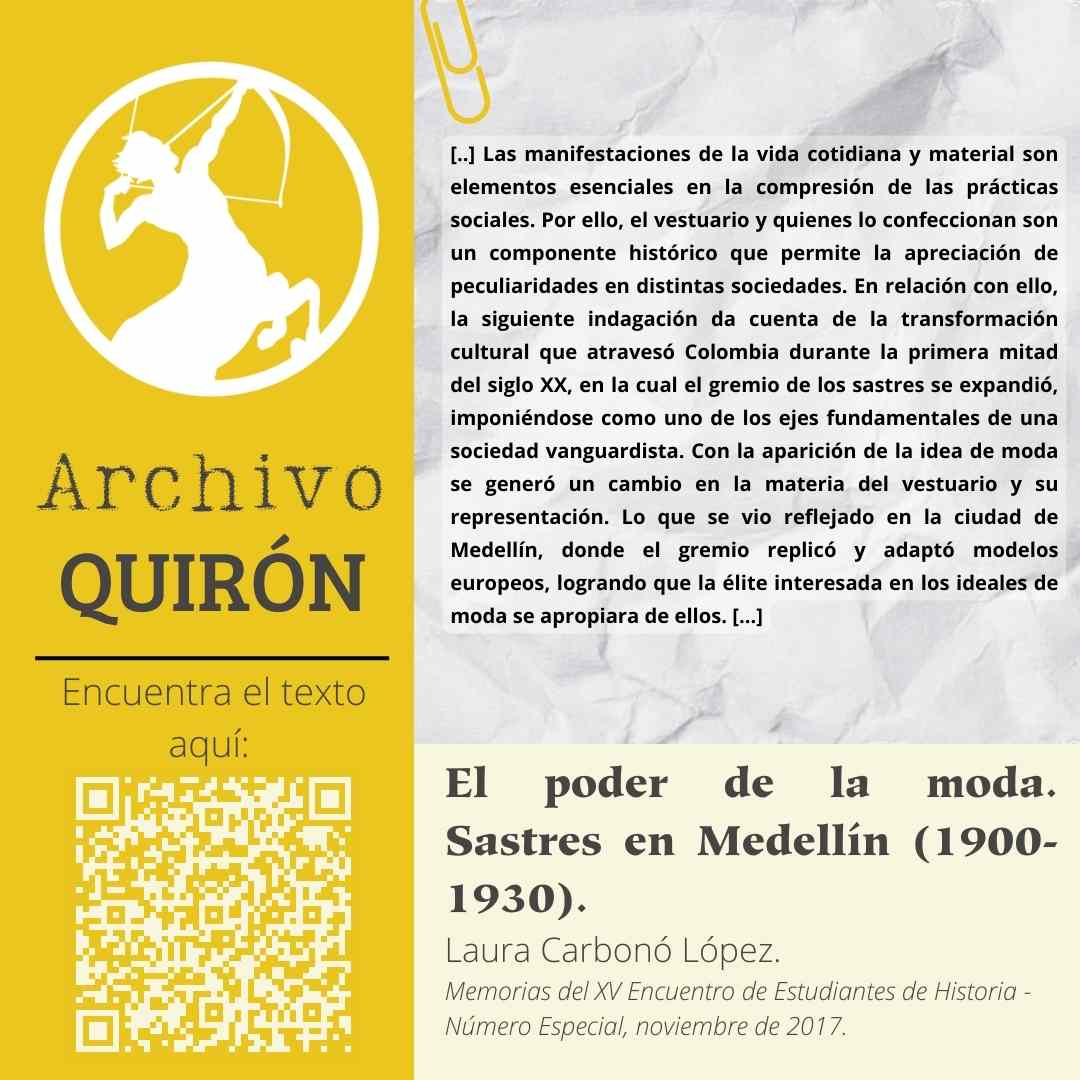Español
Keywords:
EspañolAbstract
This reflection is based on approaches by Eric Van Young and Florencia Mallon to account for the advantages and limits of historically subordinate groups. I try to answer the following questions: Is it possible to know the other voices in the story? If this answer is affirmative, how should we proceed? Is subaltern history framed in postmodern thought? Do the studies on the subalterns fragment the historical knowledge to the point of forgetting the participation of the elites? Does the subaltern approach homogenize its object of study? Through a critical review of arguments, it is proposed that this trend is beneficial for historiography, in that it makes it possible to tell other types of stories that consider the complexity of human societies. Thus, it is not about covering everything, but about covering more.
References
Carlo Ginzburg, El queso y los gusanos: el cosmos de un molinero en el siglo XVI (Barcelona: Muchink S.A., 1997).
Eric Van Young, “De aves y estatuas: respuesta a Alan Knight”, Historia Mexicana LIV, n. 2 (2004): 531, http://www.redalyc.org/articulo.oa?id=60054205.
Eric Van Young, La otra rebelión. La lucha por la independencia de México, 1810–1821 (Ciudad de México: Fondo de Cultura Económica, 2006); Florencia Mallon, “Promesa y dilema de los estudios subalternos: perspectivas a partir de la historia latinoamericana”, Boletín del Instituto de la Historia Argentina y Americana 3, n° 12 (1995): 87-116, https://vdocuments.site/mallon-promesa-y-dilema-de-los-estudios-subalternospdf.html.
Fernando Casullo, Lisandro Gallucci, y Joaquín Perren, “Existen muchos caminos a la verdad... Entrevista a Eric Van Young”, Trabajos y comunicaciones, n. 32-33 (2006): 35, https://dialnet.unirioja.es/servlet/articulo?codigo=3863465.
Gayatri Chakravorty Spivak, “¿Puede hablar el subalterno? ”, Revista Colombiana de Antropología 39 (2003): 297-364.
José M García Leduc, “Dando vueltas al asunto: el historiador al desnudo”, Historia Caribe 2, n. 4 (1999): 105, http://investigaciones.uniatlantico.edu.co/revistas/index.php/Historia_Caribe/article/view/249.
Marc Bloch, Introducción a la historia (Ciudad de México: Fondo de Cultura Económica, 2000), 31.
Natalie Zemon Davis, El Regreso de Martin Guerre (Madrid: Akal, 2013).
Partha Chatterjee, “Comunidad imaginada: ¿por quién?”, en La nación en tiempo heterogéneo. Y otros estudios subalternos (Buenos Aires: Siglo XXI, 2008), 89-105.
Published
Issue
Section
Copyright (c) 2019 Quiron Journal

This work is licensed under a Creative Commons Attribution-NonCommercial-NoDerivatives 4.0 International License.








